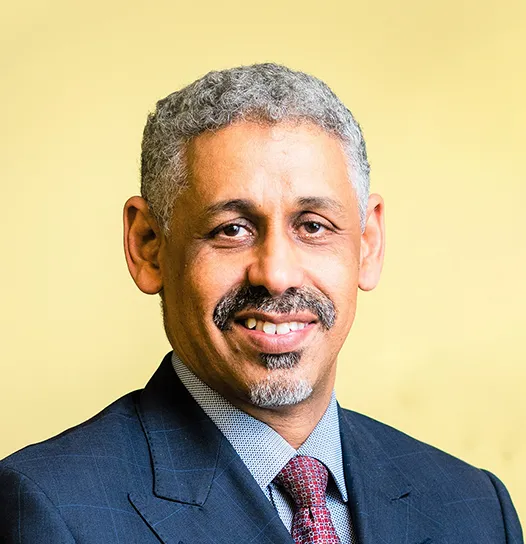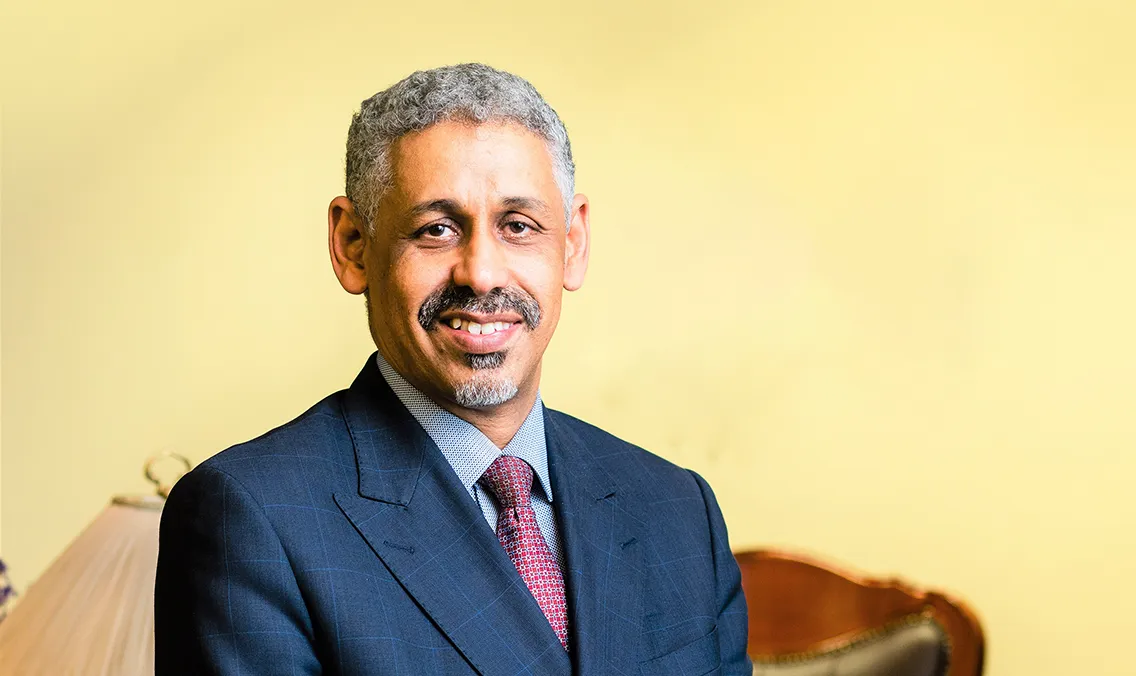The 79th United Nations General Assembly (UNGA) will focus on the achievements and shortfalls of the Sustainable Development Goals (SDGs) and reflect on means and ways to accelerate progress in areas such as climate finance and gender equality. A Summit of the Future will promote multilateral cooperation on issues like artificial intelligence, space governance, and digital transformation.
The anticipated new ‘Pact for the Future’, will essentially focus on governance frameworks for cyberspace, AI, and the ethical use of technology.
It is also expected that UNGA will lay down the groundwork for the 4th Conference of Finance for Development. For Development Finance Institutions (DFIs), such topics are particularly of interest as they are intrinsically related to their missions and define their future.
The magnitude of current challenges facing Africa has defined the spectrum of the development finance needed to address them in a timely and effective manner. For instance, while Africa’s contribution to global green gas emissions is only 3%, the continent is losing $7bn to $15bn annually due to climate change, a figure expected to rise to $50bn per year by 2030.
A recent report by the World Meteorology Organisation underscored that on average, African countries are losing 2% to 5% of GDP and many are diverting up to 9% of their budgets to respond to climate extremes.
In sub-Saharan Africa, the cost of adaptation is estimated at between $30bn to $50bn annually over the next decade, or 2-3% of the region’s GDP. Loss and vulnerability costs contrast with an estimated climate financing gap of $213bn, and a $1.2tn gap up to 2030 to finance Africa’s Sustainable Development Goals.
The response to global shocks has been uneven for Africa. Out of the Special Drawing Rights (SDRs) issued by the International Monetary Fund (IMF), Africa received about 4.5%. Also, of the global fiscal response to the Covid-19 pandemic, the continent came away with only 0.5%.
Against this background it is the right time to reflect on the future of DFIs, in a rapidly changing environment where current development challenges are compounded by future ones, adding more layers of complexity and more costs to solutions.
To remain relevant and up to the task, DFIs need to provide more innovative approaches to mobilise finance for development. The issue is so pertinent that the global financial architecture has been questioned over its ability to deliver adequate finance for development in Africa.
At a time of global emergency, the financial architecture has been skewed towards well-endowed countries that least need the resources.
Hence, the imperative to reform the global financial architecture has galvanised the development discourse over the last couple of years, and the issue will dominate the debate all the way up to the FfD4 in 2025.
Given this context, the Alliance of Multilateral Financial Institutions (AMFI) was launched during the AU Heads of State Summit last February in Addis Ababa. AMFI aims at bringing member institutions together to find solutions to financing challenges and help support Africa’s development agenda, in line with their respective mandates and the development objectives of their member states.
Arab-Africa cooperation
In the same vein, at the Mid-Year Coordination Summit of the AU, Ghana’s President Nana Akufo-Addo, Champion of the AU Financial Institutions, called for further economic cooperation between Africa and the Arab world, which led to the launch of the Africa-Arab Financial Consortium (AAFC), with its Secretariat hosted at BADEA’s headquarters.
Collaboration and coordination are key considerations to optimising resources across DFIs for more impact. And BADEA has been a fervent advocate for synergy amongst stakeholders while pursuing more innovative approaches to increasing financial resources for development.
Nearly all DFIs in Africa have embarked on recapitalisation exercises to keep on delivering their missions. Many have opted for a focus on credit ratings in a bid to raise additional capital in the international market at a competitive rate, and BADEA has been no exception.
The Bank has moved from an unrated development bank to being the second highest- rated DFI in Africa after the AfDB, with an assigned credit rating of ‘Aa1 with stable outlook’ by Moody’s Ratings, ‘AA with positive outlook’ by S&P Global, and ‘AAA with stable outlook’ by the Japan Credit Rating Agency.
Such outstanding ratings played a key role in BADEA’s successful issuance, earlier this year, of its inaugural €500m social bond. The bond was oversubscribed within the first three hours.
BADEA’s Board of Governors also approved a massive 376% capital increase a couple of years ago.
Recognising the power of synergy, BADEA is exploring more possibilities to recapitalise both regional and continental DFIs. One way to do this is by supporting Member State shareholders to empower their DFIs with the fresh capital to finance more of their development priorities.
The future of DFIs in Africa hinges on adopting more innovative financial instruments, enhancing risk-sharing mechanisms and forging strategic partnerships that extend beyond borders.
BADEA is committed to working with a wide range of stakeholders to maximise the development impact through the synergy of collaborative actions.
Strategic partnerships
BADEA believes in the power of strategic partnerships. With the Arab Coordination Group (ACG), the Bank has achieved much through synergy and expects to expand development footprints in Africa, doing even more in the future.
As the only Arab Coordination Group member fully dedicated to Africa by mandate, BADEA has been tasked by the Group to oversee the implementation of $50bn-worth of pledges for sustainable development financing in Africa by 2030, with a focus on resilient infrastructure and inclusive societies.
BADEA is actively engaged in connecting DFIs with international financial institutions, impact investors, and private sector stakeholders to create a platform for collaborative growth. These partnerships are not only financial in nature but also aim to build capacity, enhance governance, and promote sustainable development practices.
AMFI and the Arab-Africa Financial Consortium (AAFC) can facilitate knowledge exchange, technology transfer, and co-financing opportunities. By working together, DFIs can leverage their unique strengths to create a more robust and resilient financial ecosystem at the service of the continent.
An often-overlooked aspect of BADEA’s mission is to foster economic cooperation between Africa and the Arab world through trade and investment.
The Bank is well positioned to mobilise not only its own resources and those from the ACG but crowd both public (sovereign funds) and private investment into Africa. By fostering closer ties between African DFIs and financial institutions in the Arab world under the AAFC, BADEA aims to contribute to a more dynamic and diversified funding that benefits both regions.
To adapt to the changing development landscape and remain relevant in the future, African DFIs have no choice but to embrace innovation, enhance their operational frameworks, and forge strategic partnerships that transcend borders. By doing so, African DFIs will continue to play a pivotal role in driving Africa’s development agenda.
Want to continue reading? Subscribe today.
You've read all your free articles for this month! Subscribe now to enjoy full access to our content.
Digital Monthly
£8.00 / month
Receive full unlimited access to our articles, opinions, podcasts and more.
Digital Yearly
£70.00 / year
Our best value offer - save £26 and gain access to all of our digital content for an entire year!

 Sign in with Google
Sign in with Google 



